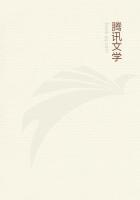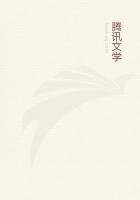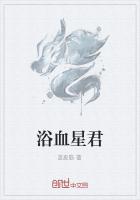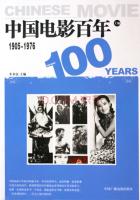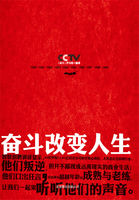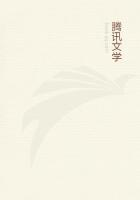2. Descartes accepts Being in the entirely positive sense, and has not the conception of its being the negative of self-consciousness: but simple Being, set forth as the negative of self-consciousness, is extension. Descartes thus separates extension from God, remains constant to this separation, unites the universe, matter, with God in such a way as to make Him its creator and first cause: and he has the true perception that conservation is a continuous creation, in so far as creation as activity is asserted to be separated. Descartes does not, however, trace extension in a true method back to thought; matter, extended substances, stand over against the thinking substances which are simple; in as far as the universe is created by God, it could not be as perfect as its cause. As a matter of fact the effect is less perfect than the cause, since it is that which is posited, if we are to remain at the conception of cause pertaining to the understanding. Hence according to Descartes extension is the less perfect. But as imperfect the extended substances cannot exist and subsist through themselves or their Notion; they thus require every moment the assistance of God for their maintenance, and without this they would in a moment sink back into nothing. Preservation is, however, unceasing re-production. (25)Descartes now proceeds to further particulars, and expresses himself as follows: “We consider what comes under consciousness either as things or their qualities, or as eternal truths which have no existence outside our thought" - which do not belong to this or that time, to this or that place.
He calls these last something inborn within us, something not made by us or merely felt, (26) but the eternal Notion of mind itself and the eternal determinations of its freedom, of itself as itself.
From this point the conception that ideas are inborn (innat? ide?) hence proceeds; this is the question over which Locke and Leibnitz dispute. The expression “eternal truths” is current even in these modern times, and it signifies the universal determinations and relations which exist entirely on their own account. The word ‘Inborn’ is however a clumsy and stupid expression, because the conception of physical birth thereby indicated, does not apply to mind. To Descartes inborn ideas are not universal, as they are to Plato and his successors, but that which has evidence, immediate certainty, an immediate multiplicity founded in thought itself - manifold conceptions in the form of a Being, resembling what Cicero calls natural feelings implanted in the heart. We would rather say that such is implied in the nature and essence of our mind and spirit. Mind is active and conducts itself in its activity in a determinate manner; but this activity has no other ground than its freedom. Yet if this is the case more is required than merely to say so; it must be deduced as a necessary product of our mind. We have such ideas, for instance, in the logical laws: “From nothing comes nothing,” “A thing cannot both be and not be,” (27) as also in moral principles.
These are facts of consciousness which Descartes however soon passes from again; they are only present in thought as subjective, and he has thus not yet inquired respecting their content.
As regards things, on which Descartes now directs his attention, the other side to these eternal verities, the universal determinations of things are substance, permanence, order, &c. (28) He then gives definitions of these thoughts, just as Aristotle draws up a list of the categories. But although Descartes laid it down formerly as essential that no hypotheses must be made, yet now he takes the conceptions, and passes on to them as something found within our consciousness. He defines substance thus: “By substance I understand none other than a thing (rem) which requires no other something for existence; and there is only one thing, namely God, which can be regarded as such a substance requiring no other thing.” This is what Spinoza says; we may say that it is likewise the true definition, the unity of Notion and reality: “All other” (things) “can only exist by means of a concurrence (concursus) of God;” what we still call substance outside of God thus does not exist for itself, does not have its existence in the Notion itself. That is then called the system of assistance (systema assistenti?) which is, however, transcendental. God is the absolute uniter of Notion and actuality; other things, finite things which have a limit and, stand in dependence, require something else. “Hence if we likewise call other things substances, this expression is not applicable both to them and to God univoce, as is said in the schools; that is to say no definite significance can be given to this word which would equally apply both to God and to the creatures.” (29)“But I do not recognize more than two sorts of things; the one is that of thinking things, and the other that of things which relate to what is extended.” Thought, the Notion, the spiritual, the self-conscious, is what is at home with itself, and its opposite is contained in what is extended, spatial, separated, not at home with itself nor free. This is the real distinction (distinctio realis) of substances: “The one substance can be clearly and definitely comprehended without the other. But the corporeal and the thinking and creating substance can be comprehended under this common notion, for the reason that they are things which require God’s support alone in order to exist.”
They are universal; other finite things require other things as conditions essential to their existence.


